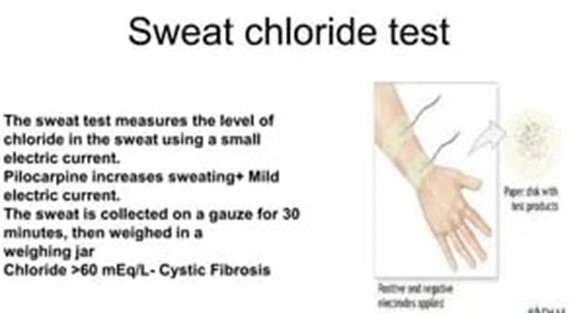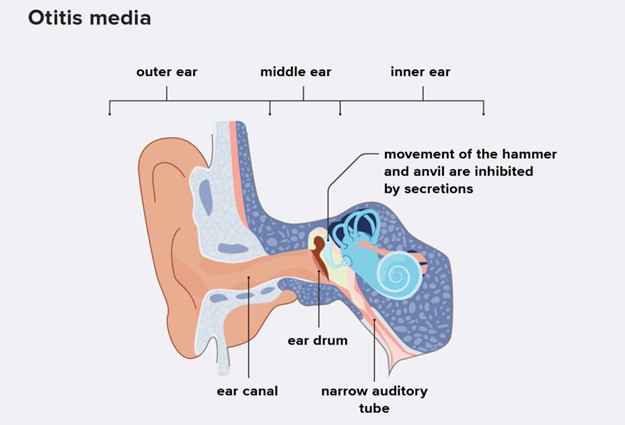What should the nurse stress in a teaching plan for the mother of an 11-year-old diagnosed with ulcerative colitis?
Preventing the spread of illness to others.
Nutritional guidance and preventing constipation.
Teaching daily use of enemas.
Coping with stress and avoiding triggers.
The Correct Answer is D
Ulcerative colitis is a chronic inflammatory bowel disease that causes diarrhea, pain, and bleeding in the colon. Stress and certain foods can trigger or worsen the symptoms, so it is important to teach the mother how to help her son cope with stress and avoid triggers.
Choice A is wrong because ulcerative colitis is not an infectious disease that can spread to others.
Choice B is wrong because ulcerative colitis causes diarrhea, not constipation. Nutritional guidance is important, but not the main focus of teaching.
Choice C is wrong because the daily use of enemas is not part of the treatment plan for ulcerative colitis. Enemas can irritate the colon and cause more inflammation.
Nursing Test Bank
Naxlex Comprehensive Predictor Exams
Related Questions
Correct Answer is D
Explanation
This test measures the amount of chloride in the sweat, which is abnormally high in people with cystic fibrosis (CF). CF is an inherited disorder that affects the cells that produce mucus, sweat, and digestive juices.

Choice A is wrong because bronchoscopy is a procedure that allows the doctor to examine the airways and lungs, but it is not essential for diagnosing CF.
Choice B is wrong because serum calcium is a blood test that measures the level of calcium in the blood, which is not related to CF.
Choice C is wrong because urine creatinine is a test that measures the amount of creatinine in the urine, which reflects the kidney function, but it is not relevant to CF.
Normal ranges for sweat chloride test are:
- Less than 40 millimoles per liter (mmol/L) for children and adults
- Less than 30 mmol/L for infants younger than 6 months
A sweat chloride level of more than 60 mmol/L is considered positive for CF.
Correct Answer is D
Explanation
Chronic otitis media with effusion (OME) is a condition where fluid accumulates in the middle ear without signs of infection.

This can cause hearing loss, speech delay, and balance problems. The child may complain of a feeling of fullness or pressure in the ear.
Choice A is wrong because a fever as high as 40° C (104° F) is a sign of acute otitis media, which is an infection of the middle ear with inflammation and pus formation.
Choice B is wrong because severe pain in the ear is also a sign of acute otitis media, not chronic otitis media with effusion.
Choice C is wrong because nausea and vomiting are not typical symptoms of chronic otitis media with effusion. They may be associated with other conditions such as gastroenteritis or vestibular disorders.
Whether you are a student looking to ace your exams or a practicing nurse seeking to enhance your expertise , our nursing education contents will empower you with the confidence and competence to make a difference in the lives of patients and become a respected leader in the healthcare field.
Visit Naxlex, invest in your future and unlock endless possibilities with our unparalleled nursing education contents today
Report Wrong Answer on the Current Question
Do you disagree with the answer? If yes, what is your expected answer? Explain.
Kindly be descriptive with the issue you are facing.
